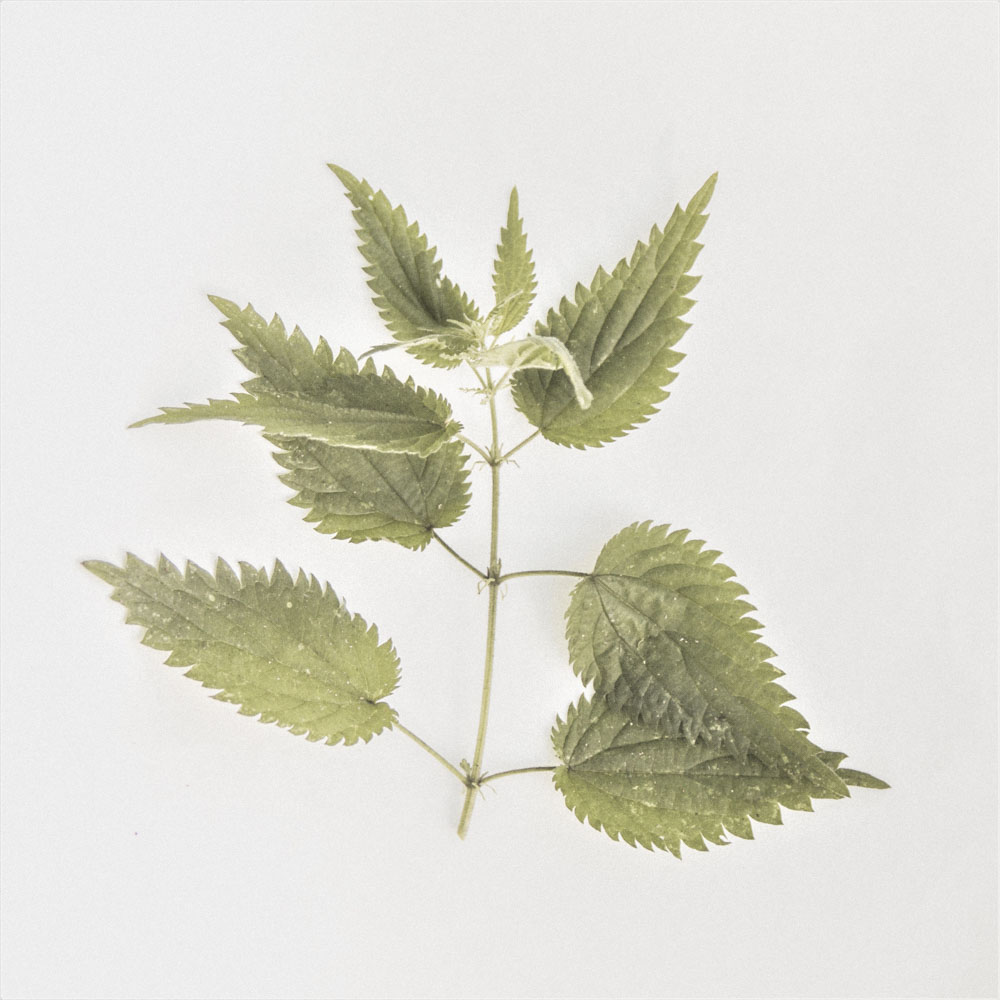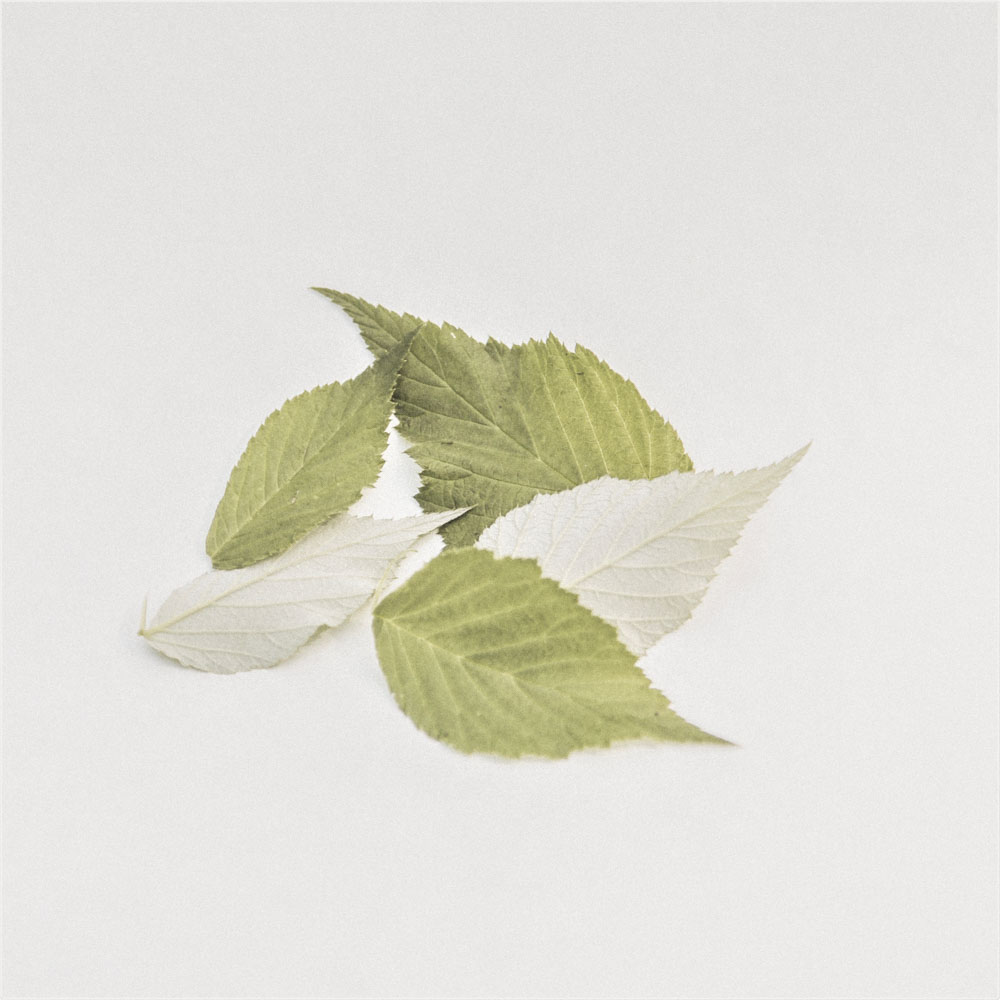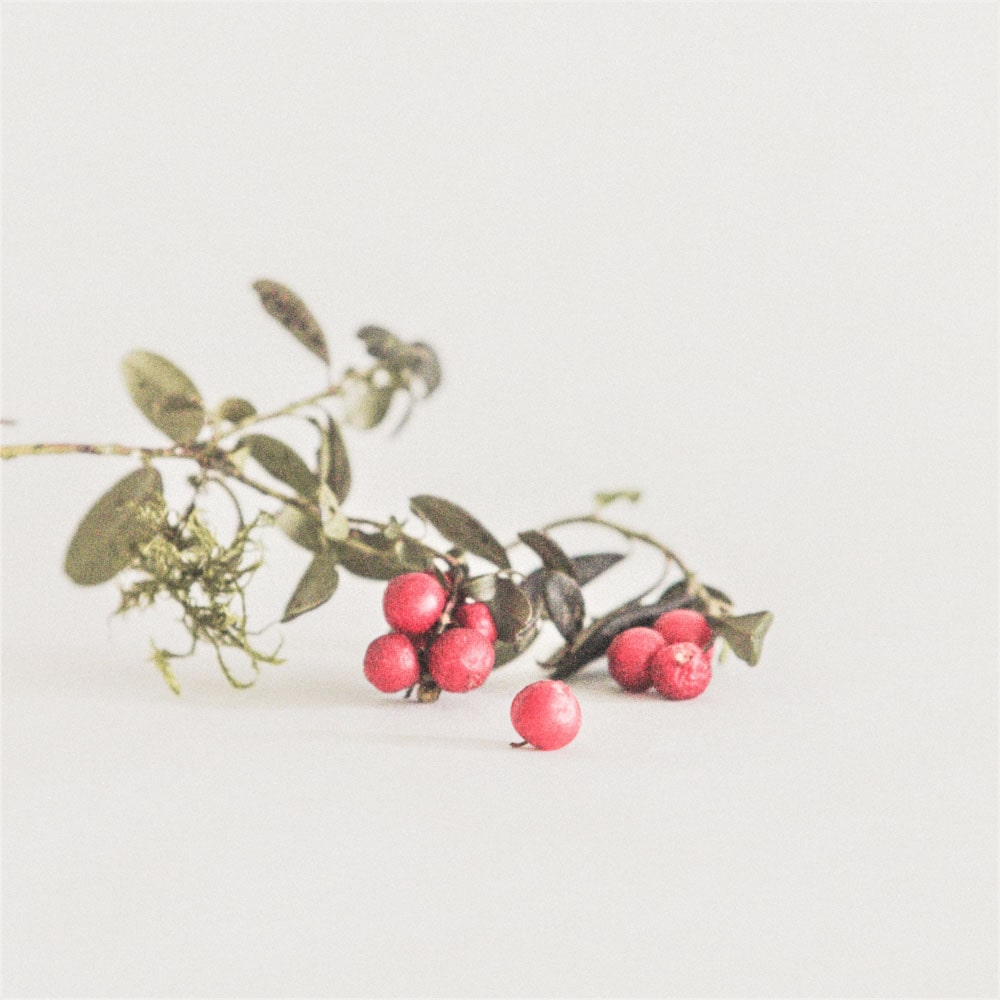Nettle
INCI: Urtica Dioica Extract

Nettle is a secret ingredient that has been used for centuries in traditional medicine for its numerous health benefits. In recent years, nettle has gained popularity in the skincare industry for its ability to nourish and improve the appearance of skin. In this post, I will discuss the benefits of nettle in skincare, its nutrients, how to use it, and its side effects. So, let's get started!
Scroll down to read
What is Nettle?
Nettle is a herbaceous plant that is native to Europe and parts of Asia. It has been used for centuries in folk medicine, particularly in Europe, where it was used to treat a wide range of conditions including joint pain, allergies, and eczema.
The plant is characterized by its stinging hairs, which release chemicals that cause a stinging sensation when they come into contact with the skin. Despite its reputation as a nuisance, nettle has many valuable properties that make it a useful ingredient in skincare.
Nettle contains a wide range of vitamins and minerals that are essential for healthy skin, including vitamins C, B2, and K1, as well as minerals such as calcium, potassium, and iron. It also contains essential fatty acids and chlorophyll, as well as anti-inflammatory and antibacterial compounds that help to promote healthy skin.
Nettle is often used in skincare products due to its ability to regulate natural sebum production, treat acne, and promote flawless skin. It is also known for its anti-aging properties, thanks to its high levels of silicium and magnesium.
How Has Nettle Been Used in the Past?
Nettle has a rich history of use in traditional medicine and folklore. It was commonly used in Europe to treat a wide range of conditions, from joint pain to allergies and skin conditions like eczema, acne and psoriasis.
In traditional medicine, nettle was often used as a natural remedy for joint pain, as it was believed to reduce inflammation and relieve pain.
In folklore, nettle was often used as a protective plant, with people carrying it with them to ward off evil spirits or protect themselves from harm. It was also used as a symbol of strength and resilience, with warriors wearing nettle garlands to boost their courage before battle.
In terms of skincare, nettle has been used for centuries as a natural remedy for skin conditions like acne and eczema. Its astringent properties help to tighten and firm the skin, while its anti-inflammatory and antibacterial properties help to reduce inflammation and fight off bacteria.
Benefits of Nettle in Skincare
1. Anti-inflammatory properties
Nettle has anti-inflammatory properties, which makes it an excellent ingredient for treating skin conditions such as acne and eczema. It can help reduce redness and inflammation, making your skin look and feel better.
2. Anti-aging properties
Nettle contains antioxidants that can help protect your skin from damage caused by free radicals. Free radicals can lead to premature aging, so incorporating nettle into your skincare routine can help keep your skin looking young and healthy.
3. Moisturizing properties
Nettle is also a great moisturizer. It contains compounds that can help improve the skin’s barrier function, preventing moisture loss and keeping your skin hydrated.
4. Helps with oily skin
If you have oily skin, nettle can help. It has astringent properties that can help reduce excess oil on the skin, leaving you with a fresh, matte finish.
2. Regulates Sebum Production
Nettle regulates the natural production of sebum, which can help to prevent acne and breakouts.
1. Natural Astringent
Nettle acts as a natural astringent, which means it tightens and firms the skin, reducing the appearance of fine lines and wrinkles.
4. Accelerates Healing Process
Nettle accelerates the healing process of wounds and burns, making it a great ingredient for use in after-sun products.
5. Treats Skin Allergies
Nettle has been found to be helpful in treating skin allergies, such as eczema and dermatitis, due to its anti-inflammatory and antibacterial properties.
What Nutrients Does Nettle Contain?
Nettle is an incredibly nutrient-rich plant that is packed with beneficial compounds that can help improve the overall health and appearance of your skin. Here’s a closer look at the key compounds found in nettle and their specific benefits for the skin:
Flavonoids
Flavonoids are naturally occurring compounds found in many fruits and vegetables that have antioxidant and anti-inflammatory properties. These compounds help protect the skin from environmental stressors like UV radiation and pollution, which can cause damage and premature aging. In addition, flavonoids help reduce inflammation in the skin, which can improve the appearance of redness, irritation, and acne.
Vitamins A and C
Vitamins A and C are two essential vitamins that play a vital role in skin health. Vitamin A helps regulate skin cell turnover, which can help improve the texture and tone of your skin. It also has anti-aging properties that can help reduce the appearance of fine lines and wrinkles. Vitamin C, on the other hand, is a powerful antioxidant that can help protect the skin from free radical damage, promote collagen production, and improve the overall texture and appearance of the skin.
Minerals
Nettle is also rich in minerals like iron and calcium, which are important for maintaining healthy skin. Iron is essential for healthy blood circulation, which can help improve the overall health and appearance of your skin. Calcium, on the other hand, helps maintain strong, healthy bones, which are important for overall skin health.
Chlorophyll
Chlorophyll is a green pigment found in many plants, including nettle. It has powerful detoxifying properties that can help remove toxins and impurities from the skin. This can help improve the overall health and appearance of your skin, leaving it looking clearer, brighter, and more radiant.
How to Use Nettle in Skincare
There are several ways to incorporate nettle into your skincare routine. Here are a few examples:
-
Nettle Tea
Nettle tea is an easy and cost-effective way to introduce nettle into your skincare routine. Simply steep a nettle tea bag in hot water, allow it to cool, and use it as a toner by applying it to your face with a cotton pad.
-
Nettle Tincture
Nettle tincture can be used as a spot treatment for acne or other skin irritations. Apply a small amount to the affected area using a cotton swab.
-
Nettle Oil
Nettle infused oil can be used as a facial oil to moisturize and nourish the skin. Mix a few drops of nettle oil with your favorite carrier oil and apply it to your face and neck.
-
Nettle Leaf Mask
To make a nettle leaf mask, blend fresh nettle leaves with a little water to create a paste. Apply the paste to your face and leave it on for 10-15 minutes before rinsing it off with warm water.
Nettle Side Effects
Nettle is generally considered safe for topical use, but it can cause skin irritation if used in high concentrations. If you have sensitive skin, it’s a good idea to do a patch test before using nettle on your face or body.
Frequently Asked Questions
Can nettle help with acne?
Yes, nettle can be beneficial for acne-prone skin. Its anti-inflammatory properties can help reduce redness and inflammation associated with acne, and its astringent properties can help reduce excess oil on the skin.
How do I make nettle tea?
To make nettle tea, steep 1-2 teaspoons of dried nettle leaves in boiling water for 5-10 minutes. Strain the tea and allow it to cool before using it as a toner or adding it to your favorite DIY skincare recipe.
Is nettle safe for sensitive skin?
Nettle is generally considered safe for topical use, but it can cause skin irritation if used in high concentrations. If you have sensitive skin, it’s a good idea to do a patch test before using nettle on your face or body.
Can nettle be used to treat eczema?
A: Yes, nettle has been used traditionally to treat eczema due to its anti-inflammatory and histamine-blocking properties.
Recap
Nettle is a natural ingredient that has been used for centuries in traditional medicine. Its anti-inflammatory, anti-aging, and moisturizing properties make it a great addition to any skincare routine. Nettle contains a variety of beneficial compounds, including flavonoids, vitamins, minerals, and chlorophyll. You can use nettle in a variety of skincare products or create your own DIY skincare products using nettle. If you have sensitive skin, it’s important to do a patch test before using nettle on your face or body.
Further reading

Rosehip Seed Oil
Taking care of your skin is a priority, and finding the right products to include in your routine can be a challenge. That's why we're here to introduce you to a natural ingredient that has been gaining popularity in the skincare industry – rosehip seed oil. In this comprehensive guide, we will discuss everything you need to know about rosehip seed oil, including its benefits, nutrients, and how it can be used in skincare.
Continue reading
Raspberry Leaf
Welcome to my comprehensive guide on the use of raspberry leaf in skincare. I know that it can be challenging to navigate the ever-changing world of beauty products. In this article, we will explore the benefits of raspberry leaf, its nutrients, and its potential use cases in skincare. By the end of this guide, you will have a better understanding of why raspberry leaf is a must-have ingredient in your skincare routine.
Continue reading
Arctic Lingonberry Seed Oil
If you haven't heard of arctic lingonberry seed oil yet, you're in for a treat. This superfruit, produced by low, evergreen shrubs throughout Scandinavia's forests, has been used for centuries for its health-promoting properties and is now gaining popularity in the beauty industry. But did you know that it also has incredible benefits for your skin? In this guide, we will dive into the benefits and uses of Arctic Lingonberry Seed Oil in skincare.
Continue reading